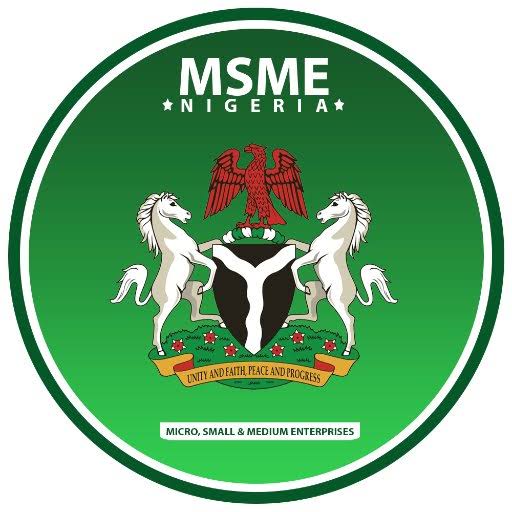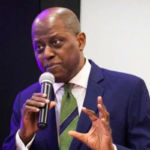With the year 2020 gone, experts in the business world are of the view that the Micro, Small, and Medium Enterprises (MSMEs) have to do things differently to scale through this year.
In the words of the Lagos Chamber of Commerce and Industry (LCCI) Director General, Muda Yusuf, “Most MSMEs will struggle to survive in the year 2021 amid unfavourable economic conditions.”
A director at the Small and Medium Enterprises Development Agency of Nigeria (SMEDAN), Dr Friday Okpara, implored MSMEs to avoid new investments and they should not be in a hurry to expand their business in order to survive in 2021.
“MSMEs should cut their cloth according to their size. They should consolidate what they are doing. They should try to watch their terrain and look inwardly.”
In his contribution, the Chairman of SME Group LCCI, Daniel Dickson-Okezie, urged small, medium, and micro businesses to embrace and optimise the use of digital resources and platforms to achieve desired objectives.
He insisted that business owners need to “Partner among themselves and merge where necessary in order to cope with emerging challenges. They need to get acquainted with recent government regulations such as The Finance Act 2020 and The Companies and Allied Matters Act 2020. This will enable them to be in compliance and avoid sanctions.
“Also, they have to improve their skills, training, and capacity building to ensure growth. They should key into available funding schemes and palliatives provided by government intervention agencies such as the Central Bank of Nigeria (CBN), SMEDAN, Nigeria Incentive-Based Risk Sharing System for Agricultural Lending (NIRSAL), and others.”
A Lagos-based SME coach, Ifeanyi Julian Etuokwu-Oludumila, urged MSMEs to focus, create goals, back their goals up with plans, strategies, and tactics, learn things they need to make their presence known; use effective marketing strategies and plans. She noted that if they need to take courses, they should take the ones that will move their business to the next level.
Dr Okpara emphasised that MSME support organisations, both at the government and private levels, should synergise themselves to assist MSMEs in their business, knowing fully well that the youths were mostly affected in terms of wealth creation, employment, and poverty reduction.
Also, the SMEDAN director said regulatory agencies such as Standards Organisation of Nigeria (SON) and National Agency for Food and Drug Administration and Control (NAFDAC) should look at regulatory areas that can assist MSMEs to survive.
Dr Okpara pointed out that the government should help with palliatives to help them thrive especially in the area of access to finance and access to market, as these were the two areas in which they were most affected in 2020.
The LCCI SME Chairman, Dickson-Okezie, said the government should assist in the area of funding as well as improving basic facilities. He said MSMEs had the problem of electricity, road, water and other kinds of basic infrastructure even before COVID-19.
Speaking on behalf of the government, the Vice President, Prof. Yemi Osinbajo, said the FG has stepped in by reducing taxes for SMEs from 2021, and added that smaller levies paid by SME’s should be reviewed to make the businesses environment better.
In another recent statement after the first meeting of MSMEs stakeholders this year, Osinbajo disclosed that the federal government in partnership with the private sector would continue to provide interventions to boost the growth of small businesses across the country.
Osinbajo said the government would continue to support innovation and interventions to deepen the involvement of new and existing MSMEs in the nation. This, according to him, would help to improve the economy and create more employment opportunities for Nigerians.

 Join Daily Trust WhatsApp Community For Quick Access To News and Happenings Around You.
Join Daily Trust WhatsApp Community For Quick Access To News and Happenings Around You.
